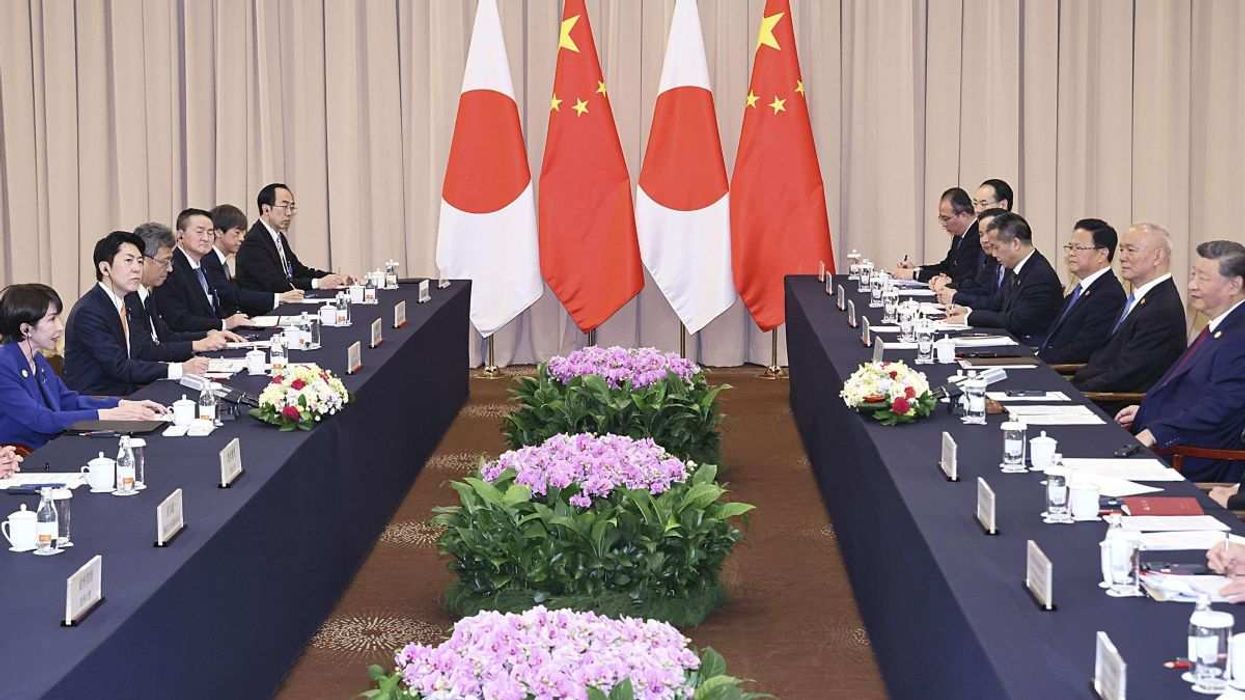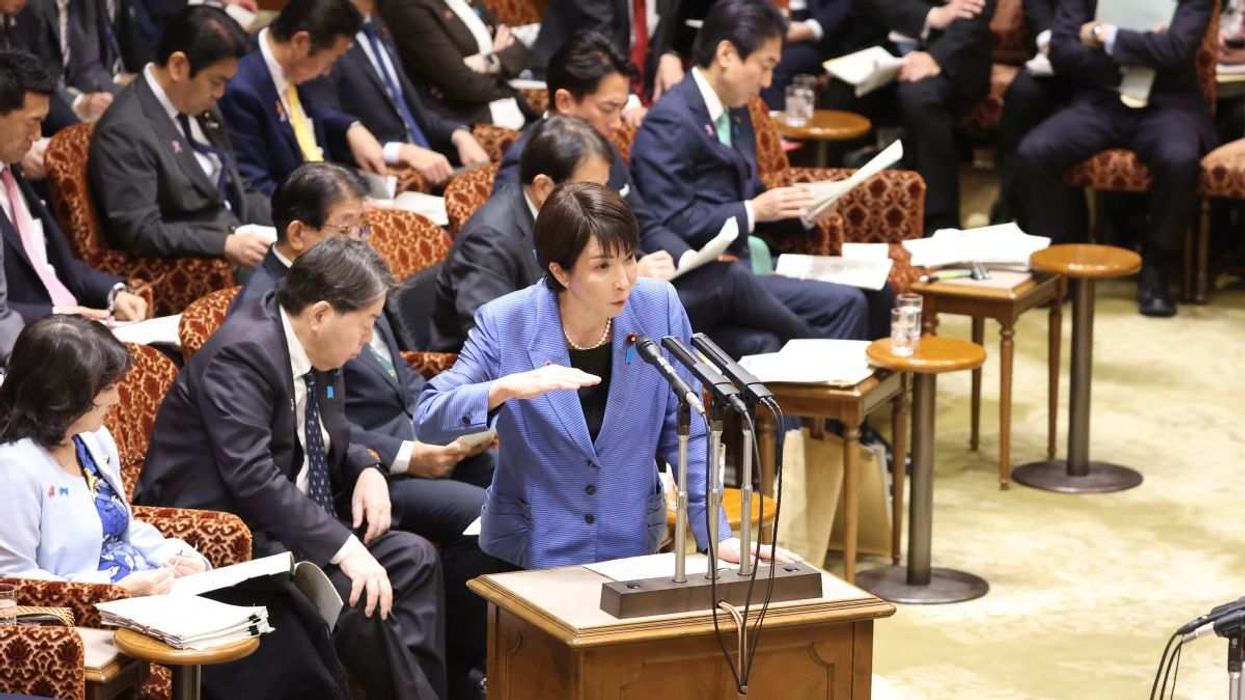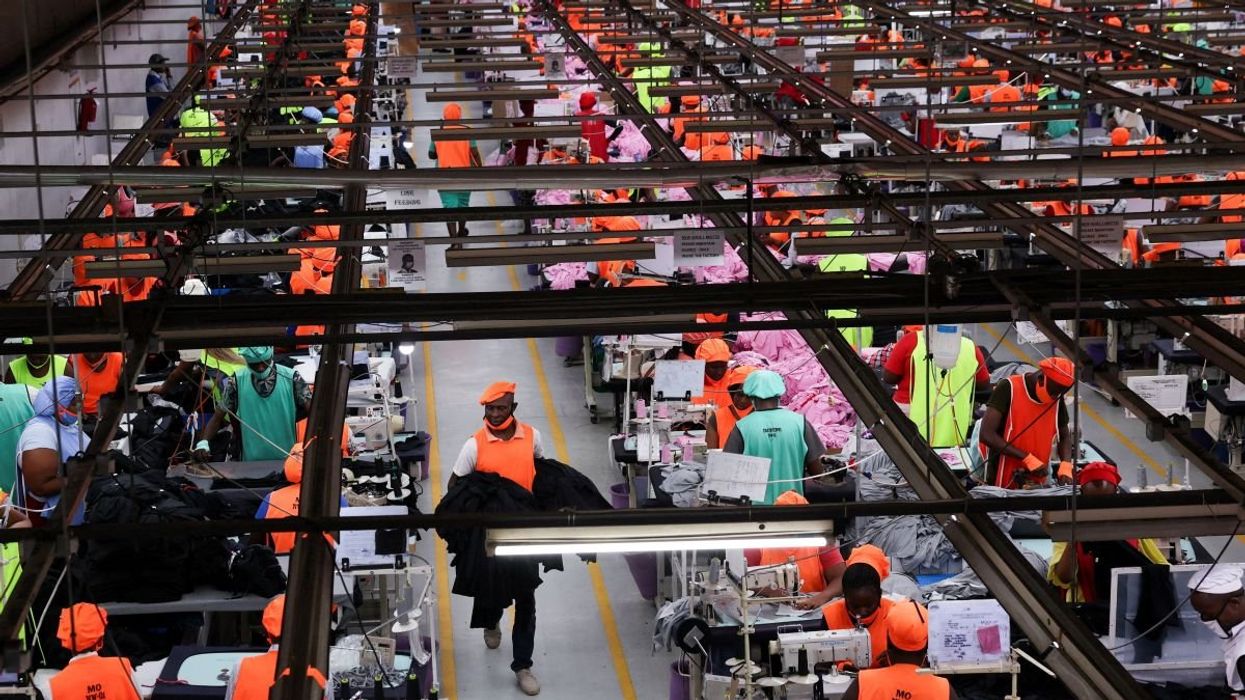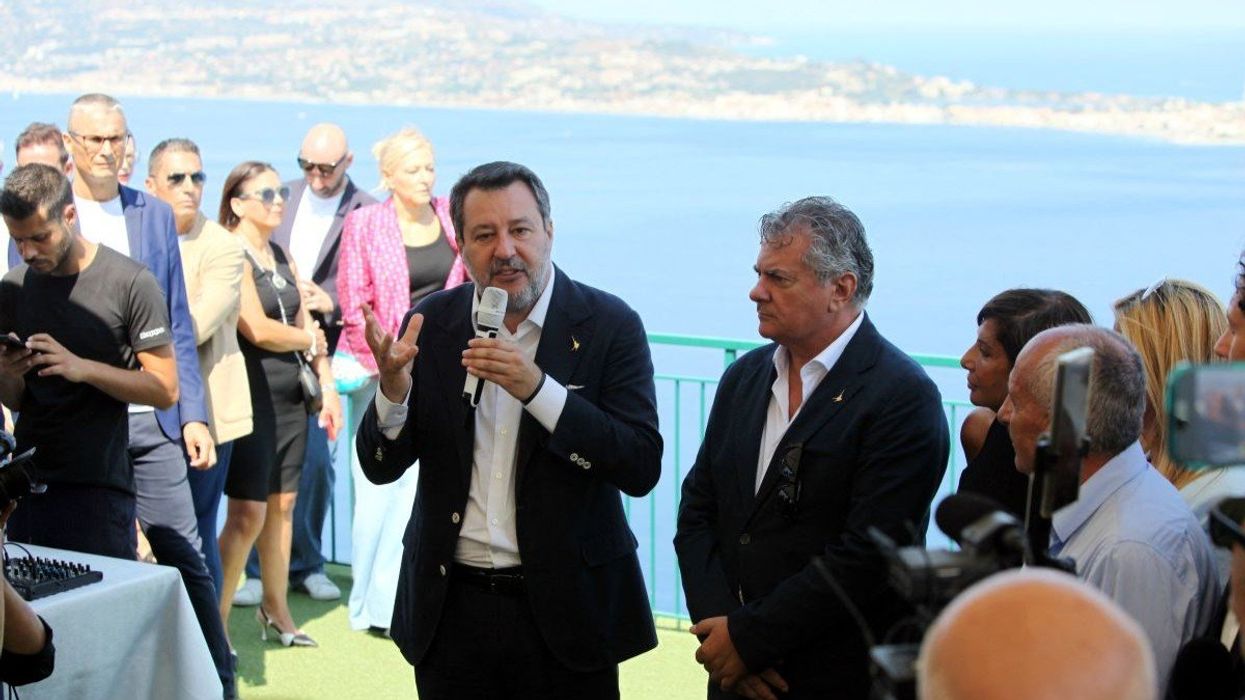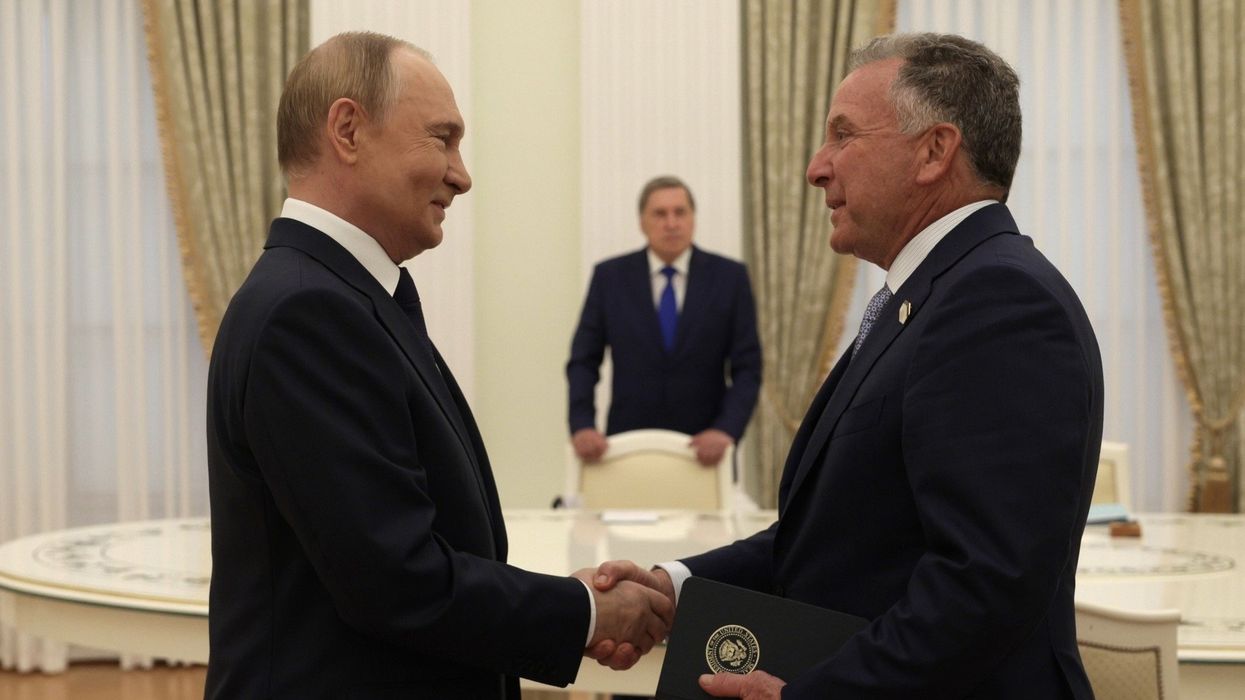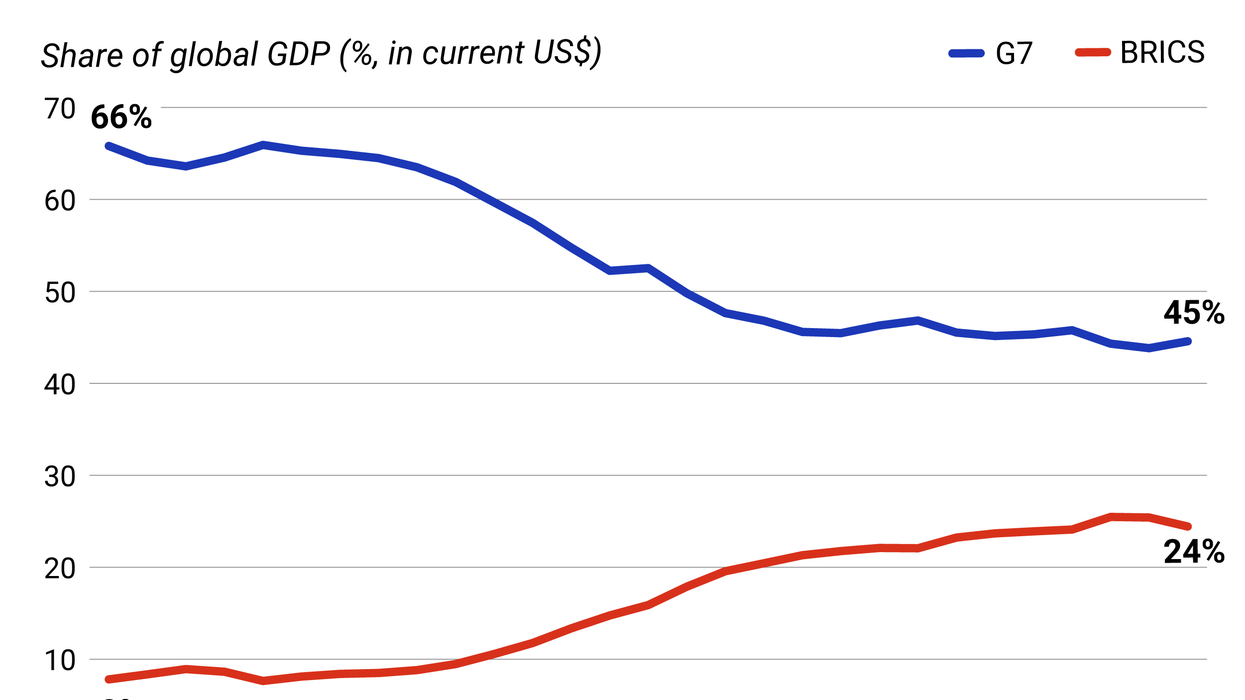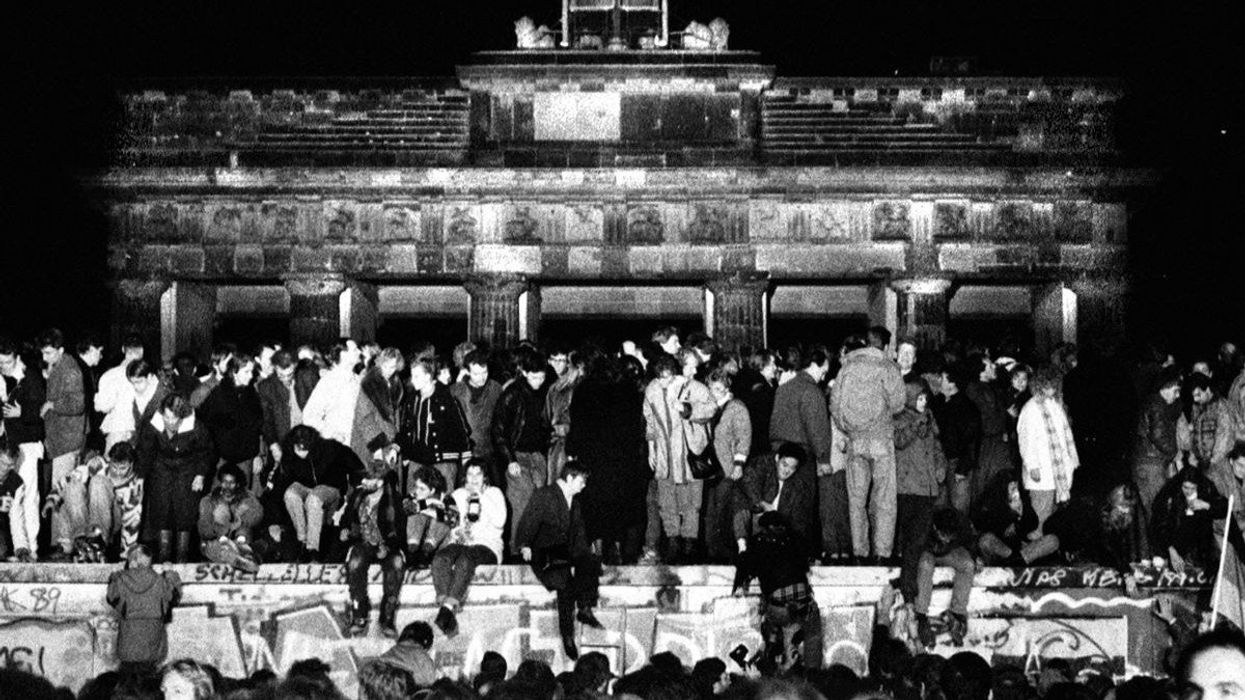What We're Watching
What We’re Watching: The Groundhog Day of Ukraine peace talks, Colombia fares well at White House, South African ruling coalition faces stability test
Democratic Alliance leader John Steenhuisen announced Wednesday that he will not run for a third term as leader of the liberal, pro-business party, after months of internal pressure over a host of controversies – including allegations, since cleared, that he used the party credit card for Uber Eats.
Feb 04, 2026

